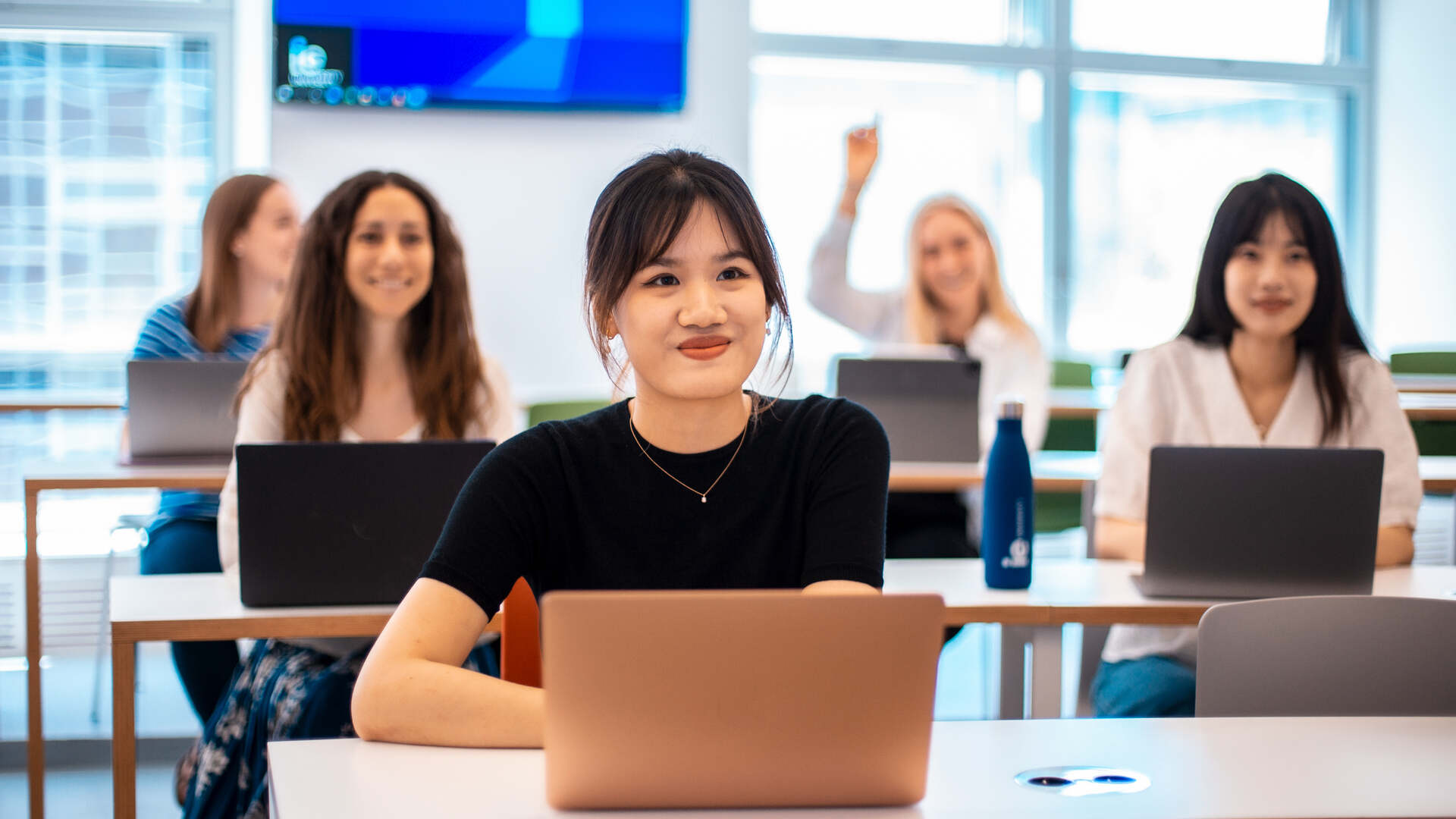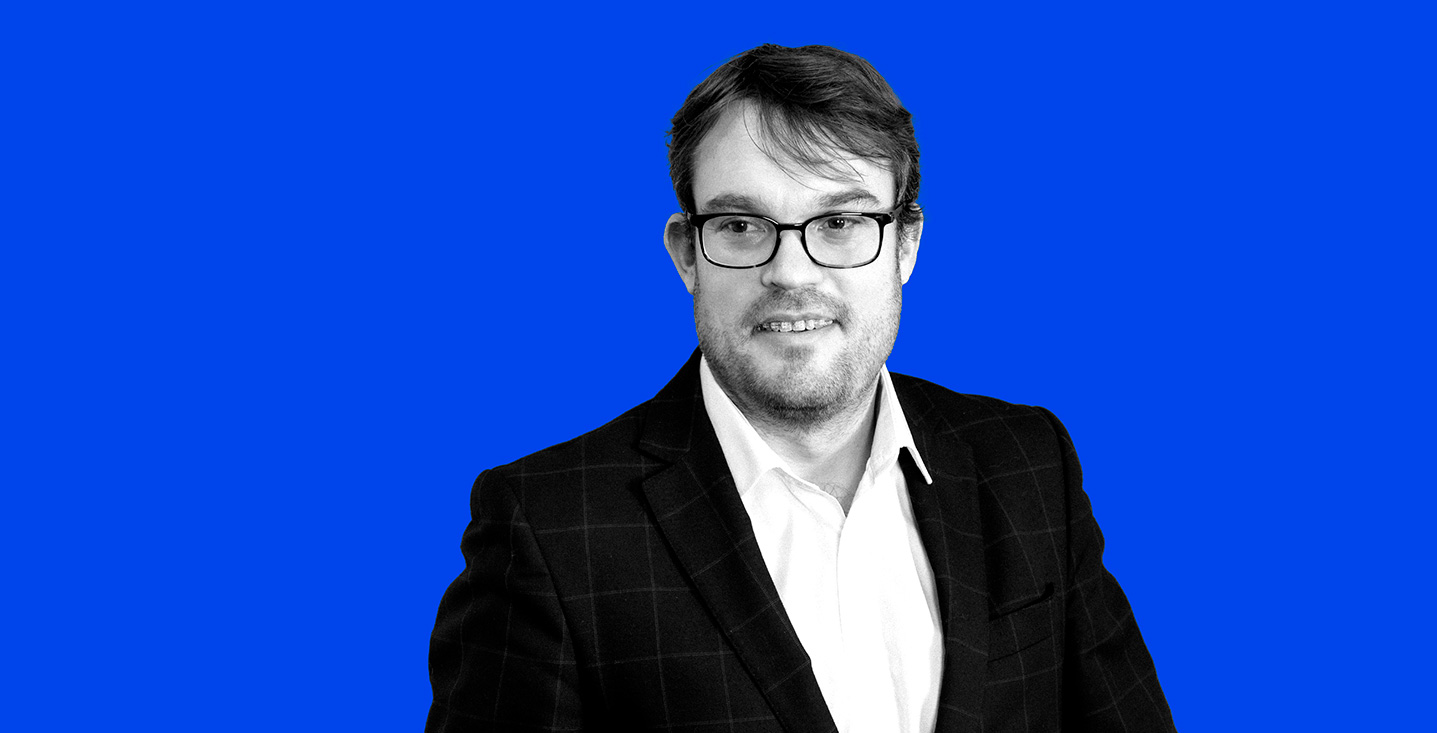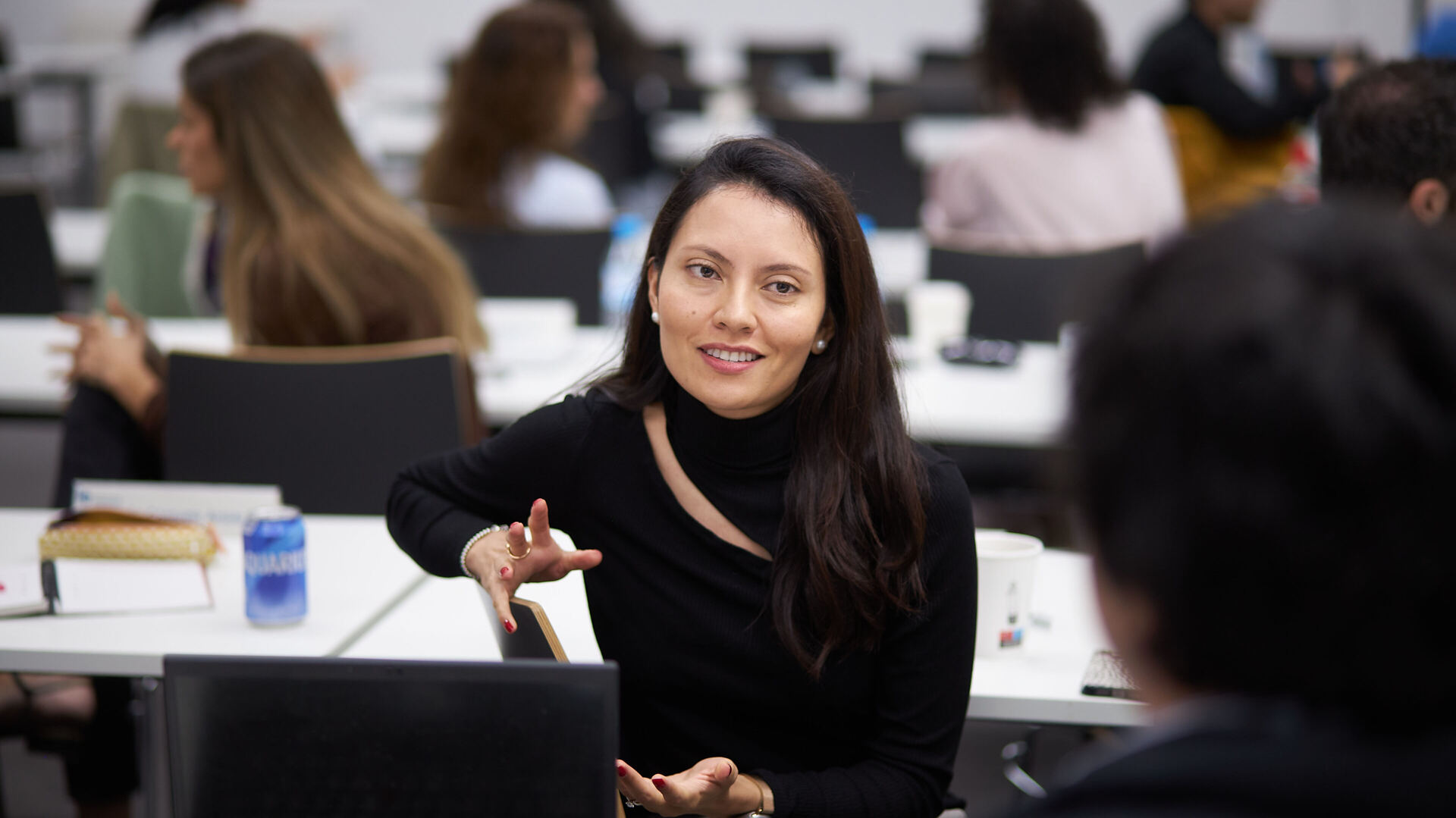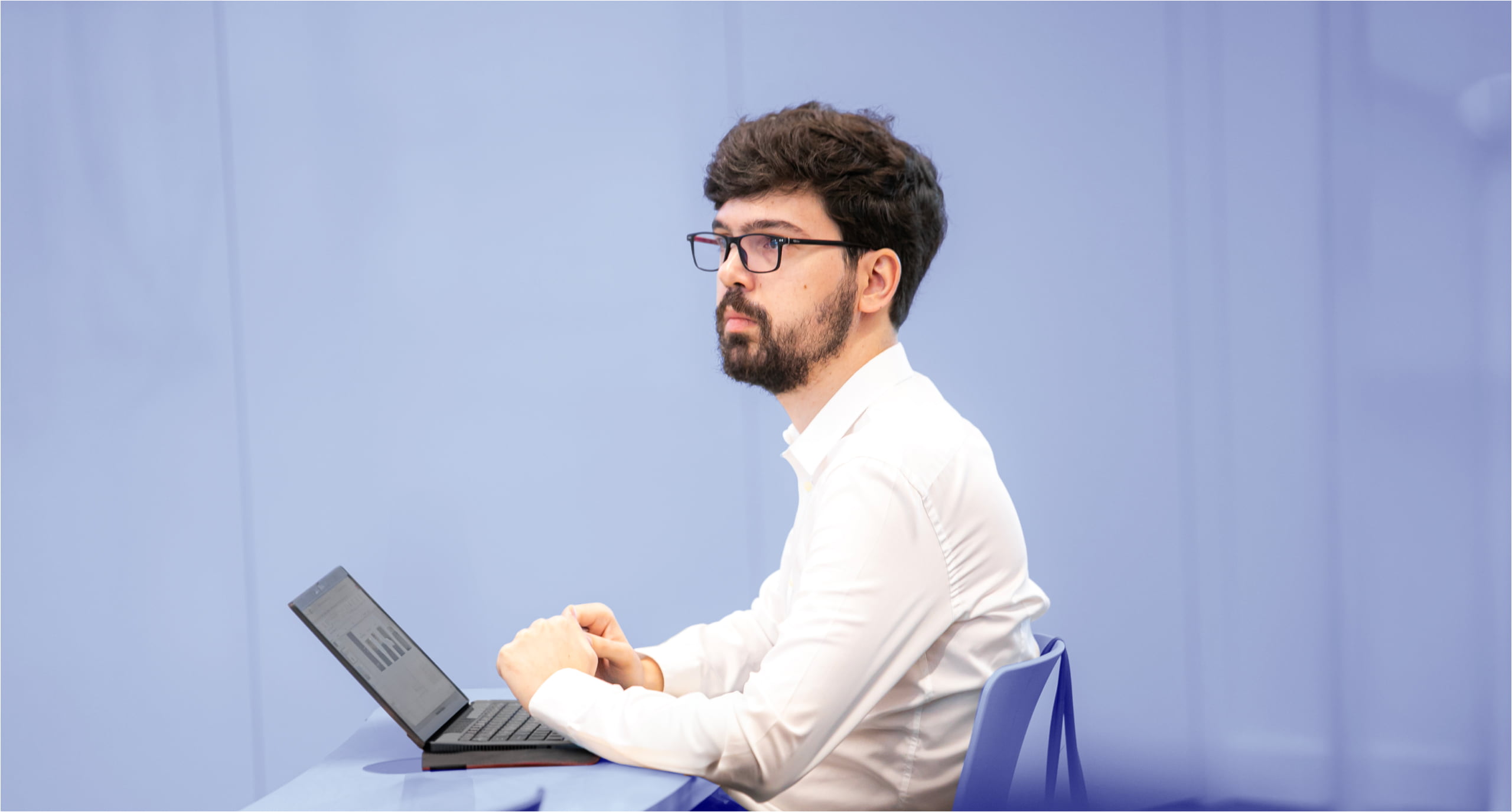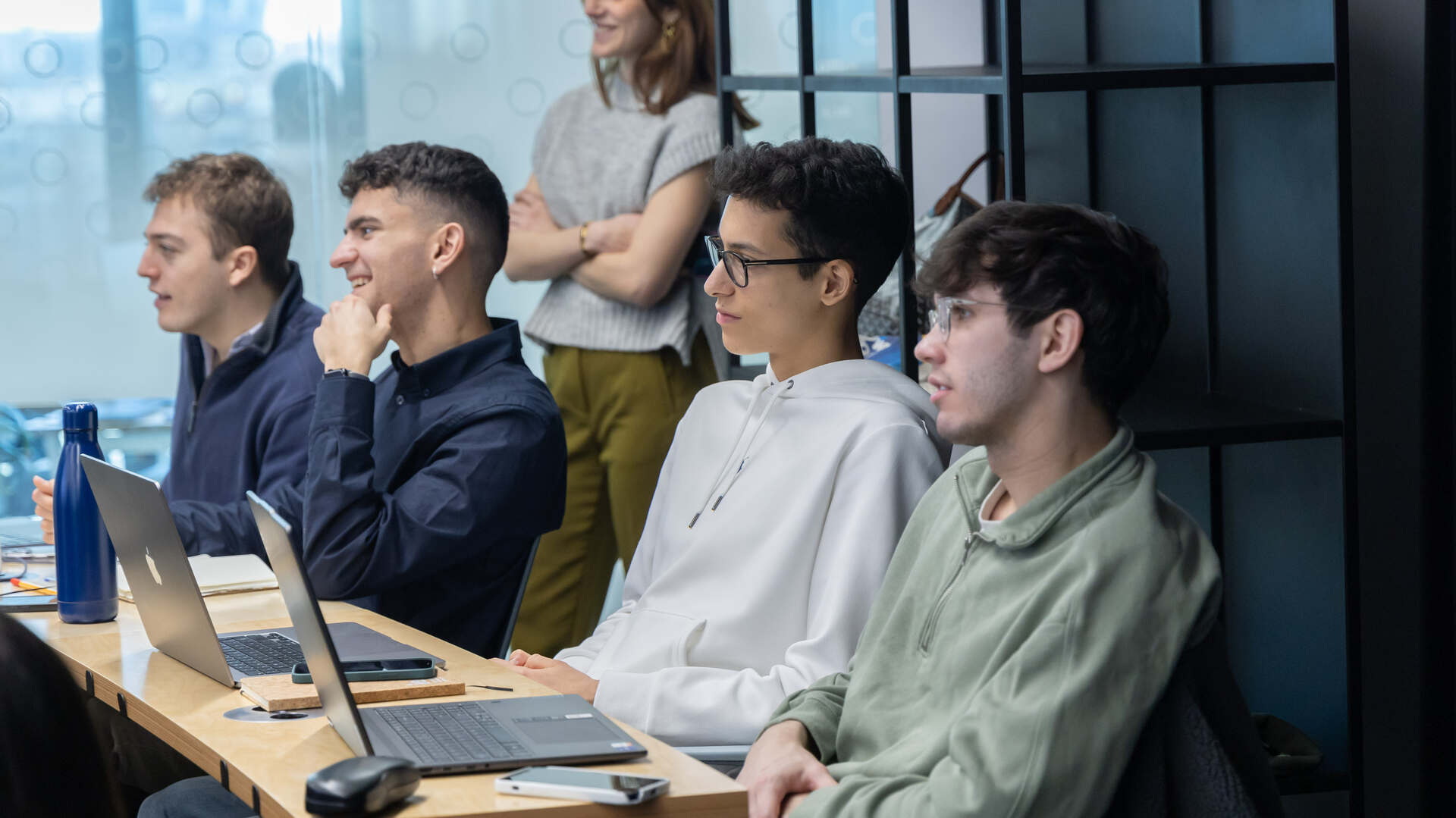30/03/2023
The way that each of us thinks is influenced by countless elements of our own background; our education, upbringing, experiences, social setting, and cultural expectations all play their part. Then there’s the simple fact that each of our minds is unique, so even within a single community, there will be differences in how people think. Each part of this vast array of factors impacts how each of us interprets and interacts with the world.
So it stands to reason that a law student who has grown up in rural Andalusia in Spain is likely to see things somewhat differently from a person who has spent their formative years in New York City. That, in a nutshell, is diversity of thought. It’s a question of bringing together a range of perspectives, experiences and worldviews. So, why should this be at the forefront of your mind when deciding on a Master of Laws (LL.M.) program?
Simply put, it’s because the value to be gained from learning alongside a diverse group of peers with differing thought processes is incalculable. Case studies have shown how a diverse environment enhances creativity and encourages people to think outside the box by challenging preconceived notions. At the same time, people whose own worldviews are challenged as they’re exposed to peers from other cultures and backgrounds can use that experience to be better team players and better leaders.
Indeed, with the legal landscape becoming ever-more transnational and more cases requiring interjurisdictional knowledge, it’s through collaboration and mutual understanding that solutions will present themselves. This is precisely where an open mindset and broader worldview can prove so beneficial. Rather than applying traditional and increasingly outdated solutions to evolving and complex issues in law, a group with differing viewpoints will be better equipped to come up with innovative answers that work. Julián Montaño, Vice Dean for Academic Innovation at IE Law School, states, “Reality is not made up of a single perspective. Reality is like a prism, it has many facets. And the more perspectives we approach with it, the closer we get to the true reality of things, and with more depth we enter into the issues that we must solve or that we must improve. Innovation supposes cooperation between people who think differently, precisely because reality is made up of many, many facets. It is like a kaleidoscope that is configured by crystals of many colors.”
This process needs existing ideas to be questioned by individuals who thrive in the face of such challenges. And people used to working in diverse environments—like the one provided in IE University’s Master of Laws (LL.M.) program, where 27 nationalities are represented in an average classroom—are more adaptive, innovative and flexible.
The Master of Laws (LL.M.) uses a Just how successful the program is can be seen in the outcomes for students; 78% of alumni of the program find work within six months of graduation.
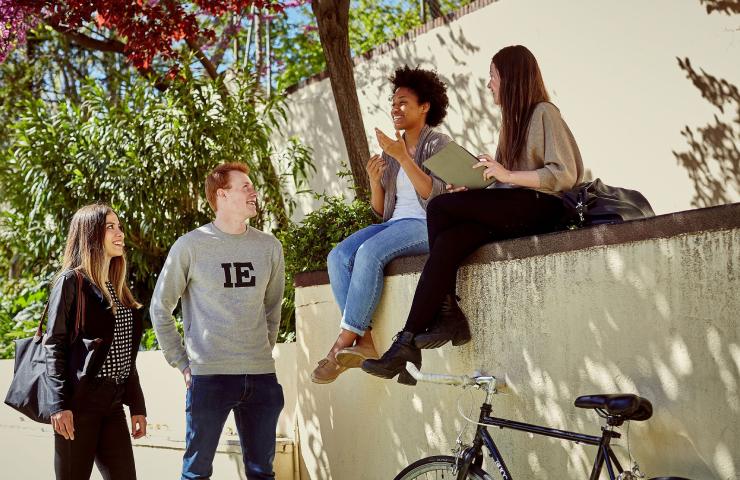
They go on to work in prestigious law firms like Perez Llorca or White & Case, or at sector leaders in other industries including IBM and Santander.
So, beyond the academic and humanistic advantages of developing in an international environment, students who have had the chance to gain this experience are reaping the rewards in the labor market.

Law firms are well aware of the benefits of diversity of thought and are actively seeking the attributes such an education fosters among job candidates.
What’s more, at a time when the corporate world is increasingly conscious of the issues of diversity, equity and inclusion, and the benefits of having a diverse workforce, having studied in a multicultural setting may just help you stand out from the crowd.
That’s certainly been the case for many of our alumni, coming from a student body made up of 160 nationalities speaking more than 45 different languages. In fact, international pupils account for 85% of our scholars. As Diego Peña, Senior Manager of Admissions & Enrollment, explains: “We are certainly drawn to candidates with a multicultural background or international experience. It helps maintain the diverse and global environment we’re so proud of within our institution.”


